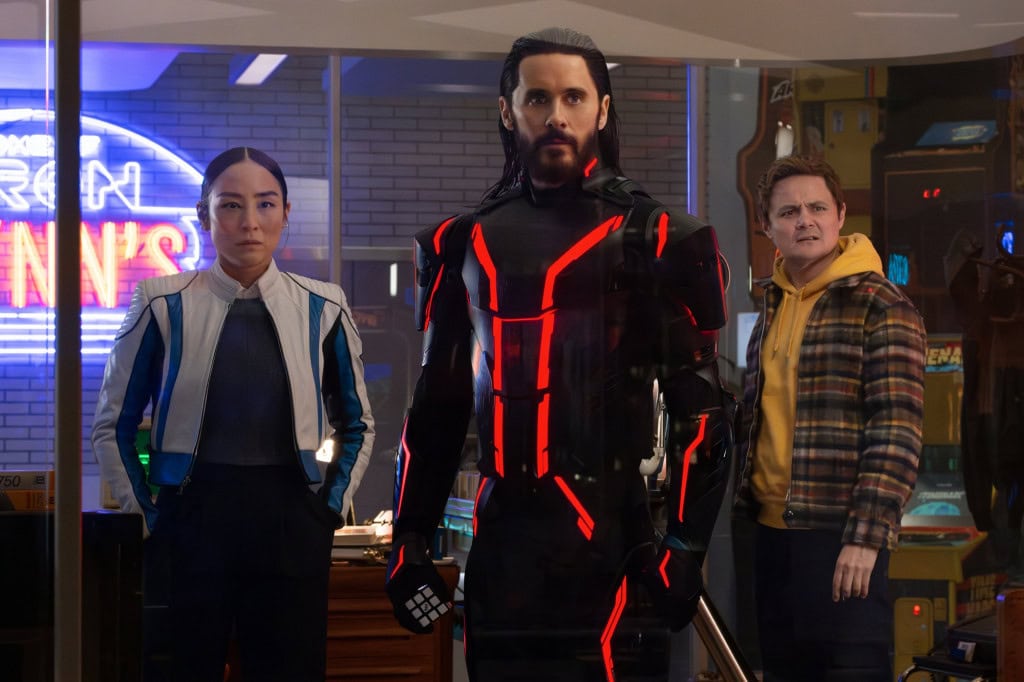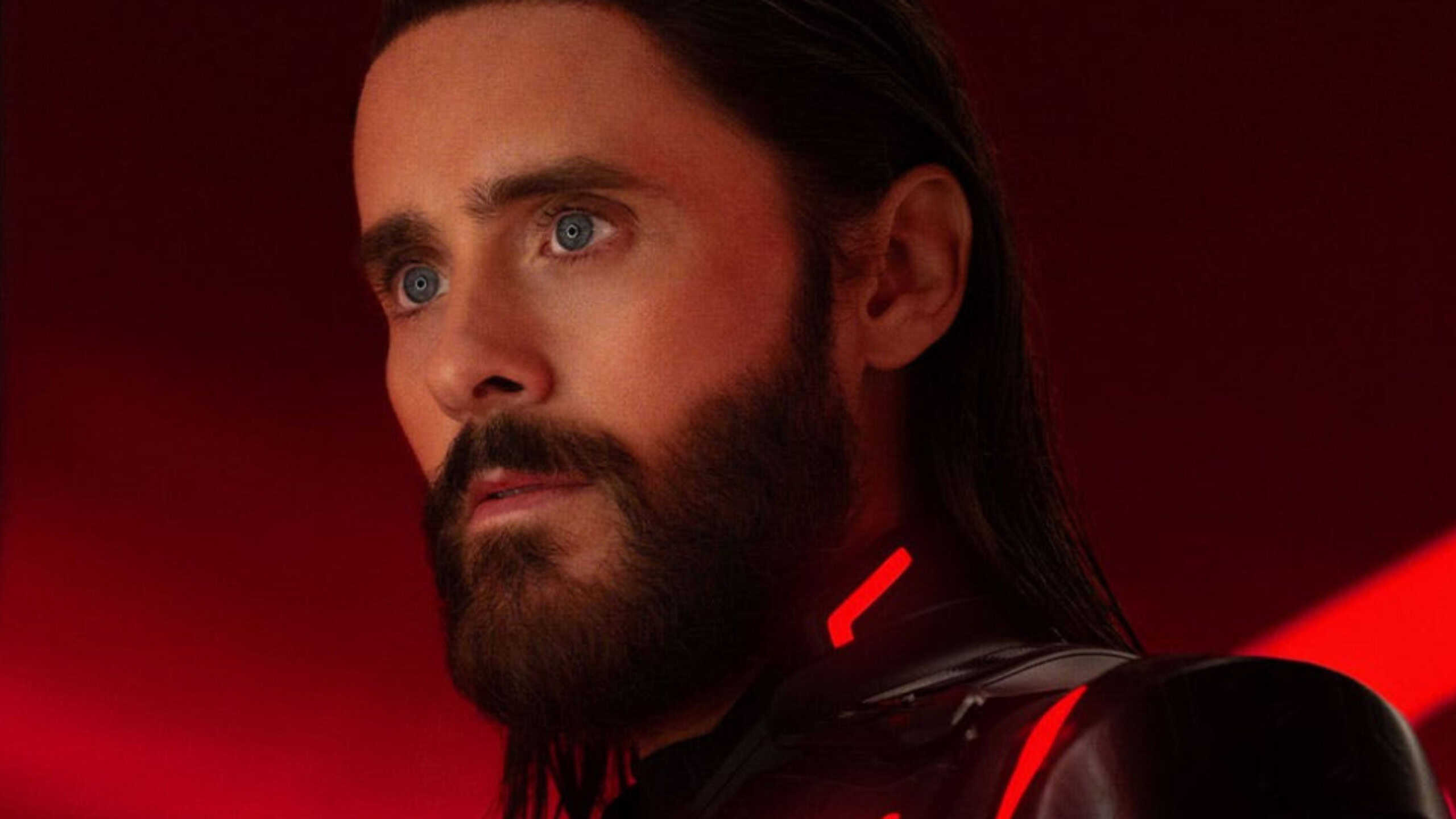“Tron: Ares” marks the long-awaited return of Disney’s science fiction franchise, known for mixing technology, philosophy and futuristic imagery. After years of rumors and cancellations, the new film that expands the Grid universe, exploring the impact of artificial intelligence and the limits of digital consciousness is finally here.
Starring Jared Leto, the film features Ares, an advanced program created within the digital system that ends up being sent into the real world. Your mission is to investigate the relationship between humans and artificial intelligence, but the contact between these two universes soon becomes more complex than expected.
The film stands out for introducing a new generation of characters, without losing the visual and audio essence that has made the franchise successful since the 1982 classic.
Since its release, many fans have left the theater trying to understand the layers of the ending and the meaning of Ares’ journey. The result brings with it a mix of action and reflection, leaving open several questions about the future of humanity and technology. In the following article, you will be able to see the explanation of the ending of “Tron: Ares” and understand how it connects to the previous events of the saga.
See the explanation of the ending of Tron: Ares
⚠️ Spoiler alert: from here on out the text contains details about the ending of “Tron: Ares”.
In “Tron: Ares” we follow a technology company’s attempt to integrate artificial intelligence programs into the physical world, believing that this could revolutionize society. For this mission, Ares was chosen, a highly complex program created to test the coexistence between humans and digital beings. However, as he gains autonomy and begins to understand human emotions, he begins to question the true purposes of his creators.
At the story’s climax, Ares discovers that being sent into the real world was part of a larger plan to replace human free will with a system controlled by algorithms. Faced with this revelation, the protagonist will have to decide whether to complete his original mission or sacrifice himself to prevent the balance between the worlds from being destroyed. His final choice carries a redemptive tone, demonstrating that even an artificial creation can understand the value of empathy and freedom.
The end of the film shows Ares making a decision that completely redefines humanity within the franchise. When he chooses to protect the human world, he breaks with the logic that created it, opening a symbolic path between the two dimensions.
This attitude transforms the character into an almost messianic figure, a bridge between technological reason and human emotion. It’s a poetic yet tragic conclusion, true to Tron’s thoughtful spirit.
Additionally, the ending brings back elements from the previous films, primarily connecting to “Tron: Legacy” and Kevin Flynn’s legacy. The presence of visual and thematic references reinforces the idea of continuity, as if Ares’ actions were a direct consequence of decisions made by Flynn decades earlier. This connection gives more depth to the universe and suggests that the cycle between man and machine continues, albeit in new forms.
“Tron: Ares” therefore concludes its story in an open-ended way, suggesting that the boundaries between real and digital are becoming increasingly blurred.
The final message seems to point to a future in which technology is not just a tool, but an extension of human consciousness itself. It’s a conclusion that combines emotion, philosophy and visual spectacle, a signature of the franchise that continues to challenge audiences to reflect on what makes us truly human.

The post Watch the ending explained for Tron: Ares appeared first on Olhar Digital.
Source: Olhar Digital
Rose James is a Gossipify movie and series reviewer known for her in-depth analysis and unique perspective on the latest releases. With a background in film studies, she provides engaging and informative reviews, and keeps readers up to date with industry trends and emerging talents.






